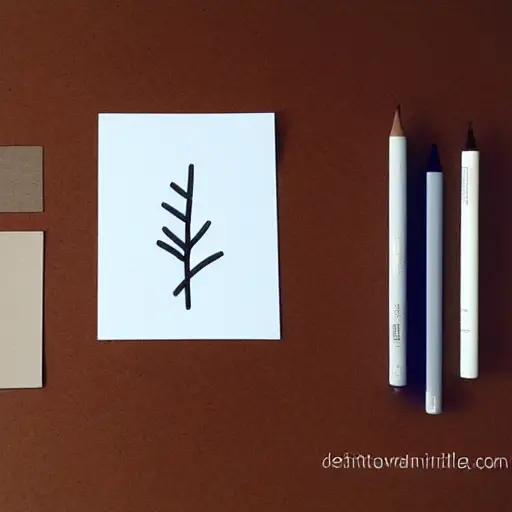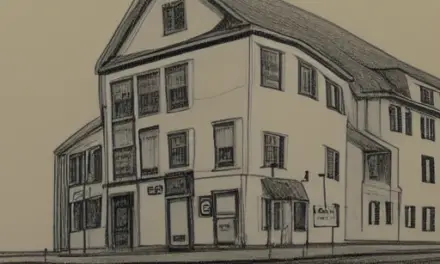When it comes to decluttering, less is more. Don’t over-stuff couches and beds with pillows and throw blankets. Instead, replace old items with new ones. Also, keep a written list of the things you need or want, so you don’t end up spending money that you don’t have.
Less is more
Decluttering your home can be a difficult task, but it has several benefits. Not only will it reduce the amount of time you spend cleaning and maintaining your home, but it will also improve your overall health. Keeping less stuff in your house will reduce stress and anxiety. It can also improve your mental health.
Decluttering can also relieve your financial stress, since you’ll be buying fewer things. A decluttered home is more efficient to maintain and clean, and it will also be easier to welcome visitors. It will take less time and space to keep it tidy. And the decluttering process will also free up mental space, which helps you make better decisions.
Another benefit of decluttering your home is that you’ll be less likely to lose things. Fewer items mean you’ll spend less time searching for them, and less stuff means more time for other things. Additionally, you’ll be more productive and have a more streamlined life.
Keeping your house clutter-free may seem like a daunting task. But it’s not impossible. The first step to decluttering your home is to label everything and make separate piles. One pile should be for items you can’t part with, while the second should be for items you can donate.
Decluttering is a 7-step process
The first step in decluttering your home is to take a look at your own behavior and what’s holding you back. Clutter can be caused by many habits, and you need to understand them before you can fix them. The second step is to choose to do something different. Once you’ve decided to do something different, you should reflect on the benefits of the new reality.
A key point to remember when decluttering your home is that you are creating space for the things that matter most to you. You need to think hard about what’s important to you, and decide what you’re willing to part with. When you’re doing this, make sure you know how much each item is worth to you.
Once you’ve made your decisions, it’s time to assess your progress and see if you’ve met your vision. As you make progress in decluttering, you will become more willing to let go of things. Take before and after pictures of your space, and make sure you have a donation box ready to receive items that need to be given away.
Next, create a plan to declutter your home. Identify the areas that cause you the most stress and overwhelm. By focusing on these areas first, decluttering will become easier. Moreover, the process will be faster and more enjoyable. If you’re ready to tackle the most difficult areas first, you can start by making a checklist and doing it step-by-step.
As with any other aspect of life, minimalism requires you to make a mental shift. Instead of storing everything you have, you want to keep only those things that matter to you. This change in thinking will allow you to focus on the things that truly matter to you. It will free up your energy for other things.
Sorting by value
One minimalist tip for decluttering is to separate your things by value. This tip can help you find your most treasured items and remove the less valuable ones. It will speed up the decluttering process and help you figure out what you truly need.
Starting small
Decluttering doesn’t have to be difficult if you start small. If you don’t have much time to tackle the entire house, you can do small things at a time. Donate or sell items that you no longer need. You can even start a donation bin. Or, you could even start a garage sale collection.
Start decluttering by selecting a small area to focus on and decluttering for 10 minutes. This can be a small shelf, drawer, or desktop. Then, work quickly to remove as much as you can. Depending on your schedule, you may not have hours to dedicate to decluttering your entire house, but even 10 minutes each day will be helpful.
Decluttering rewards
Trying to declutter can be difficult, but there are rewards to keep going. The 30-Day Minimalist Game is a fun way to keep track of your progress. In teams of two, try to get rid of one thing each day for the first 30 days. Then, on the second day, get rid of two more, and so on. Ultimately, the person who can keep their space free of clutter for the entire month wins.
Setting rewards is a psychological motivator, and it can help you stay motivated. Some rewards may be as simple as ice cream or a trip to a restaurant. As long as you start small, your decluttering will get easier. You can also write down a plan before you begin so that you can calm your anxieties and keep a schedule.
The rewards to decluttering are numerous, and may even include more money, freedom, less distraction, and better-quality belongings. There are even books available on the subject. The covers of these books all have the same design, with soft colours and soothing typefaces. This means they look good on Instagram and have an easy-to-use visual appeal.
Changing your habits and mindset is important to achieving your goals. Finding like-minded people to support your efforts is also helpful. Join a Facebook group or meet with other people who want to make the same changes as you. It can be fun to meet others who have similar goals. You can ask for help and share your experience.













